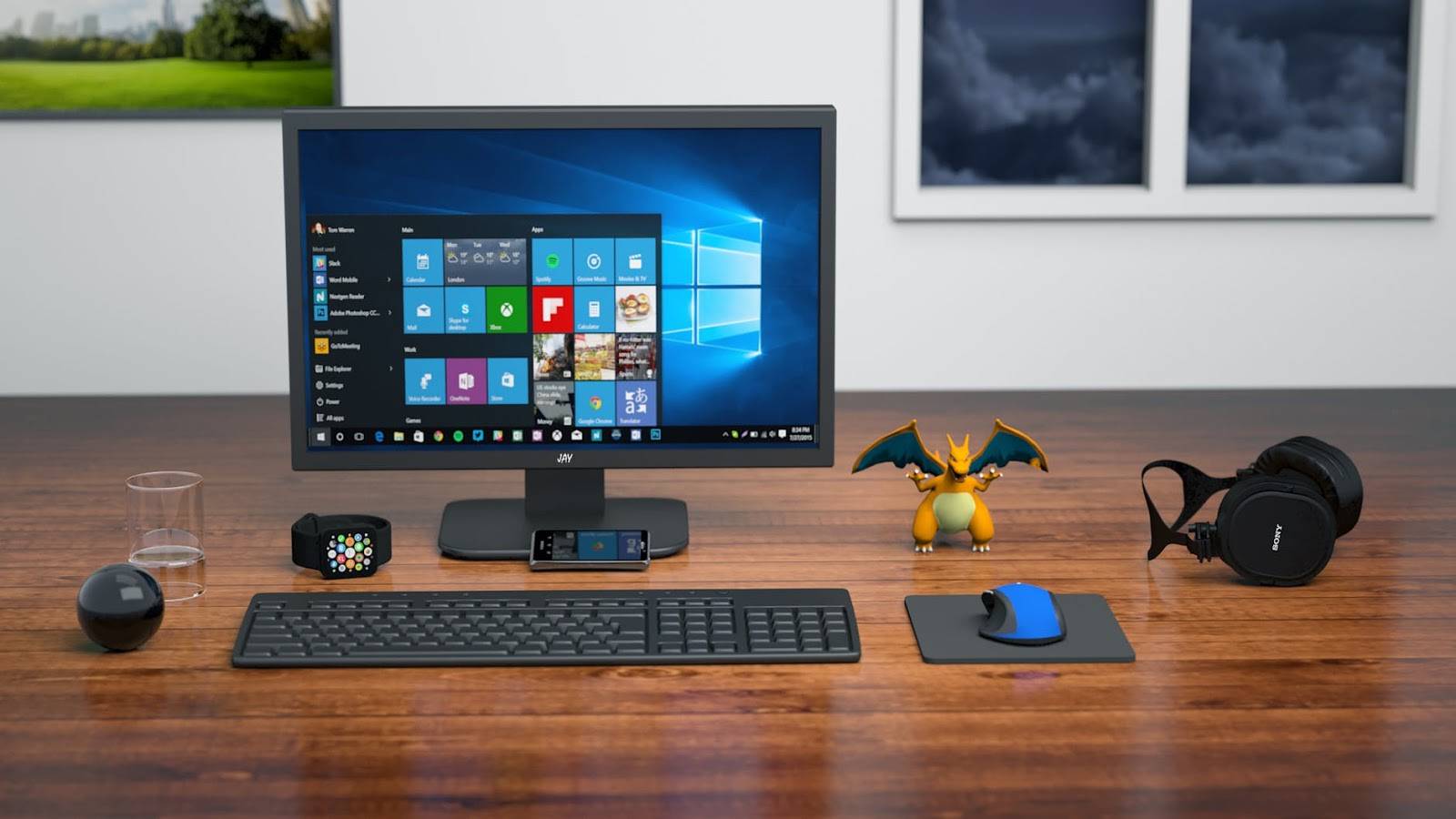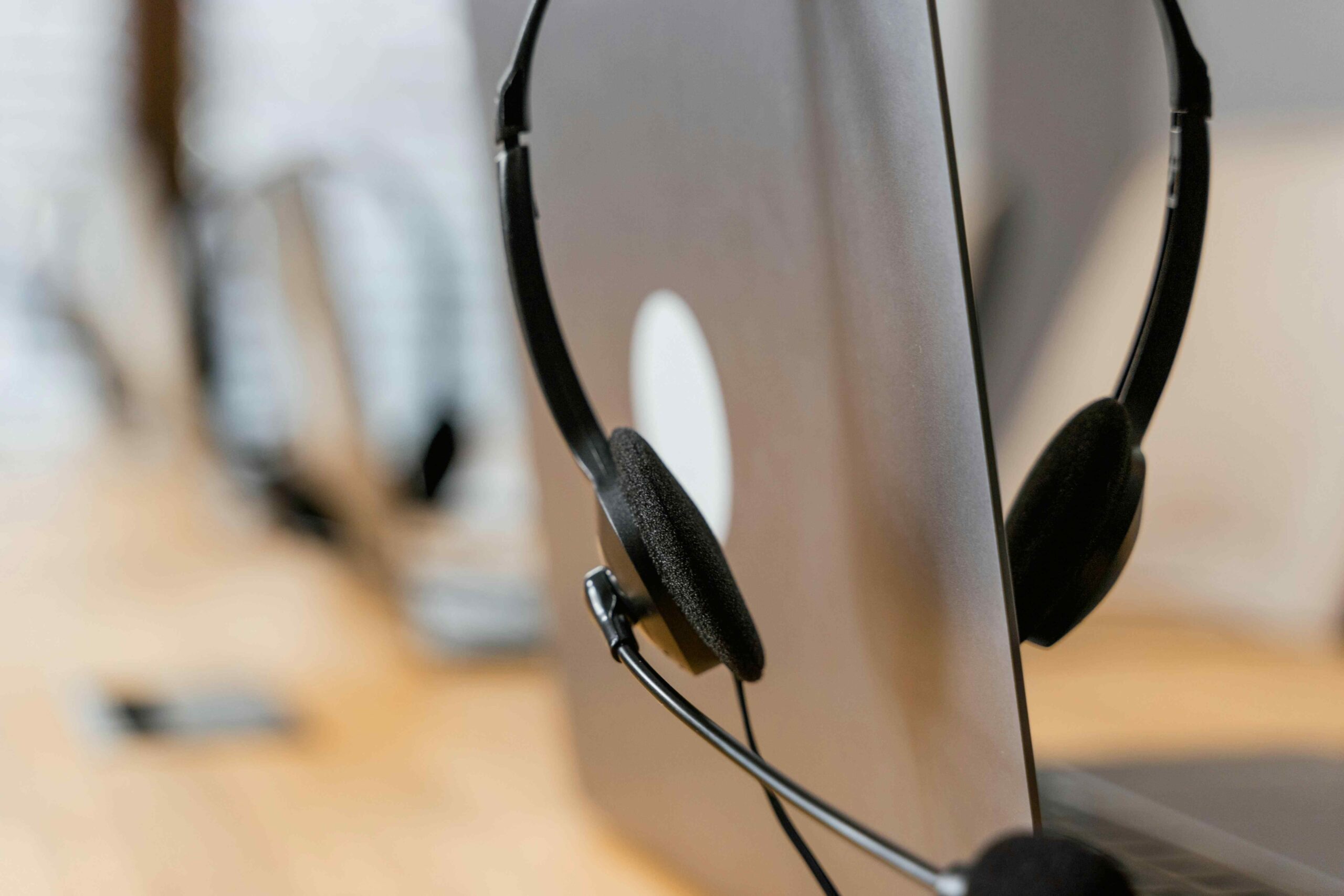California, (July, 2013) – The compact, mobile excellence that is a laptop brings with it a shorter lifespan than a typical desktop PC. On average, a laptop has a lifespan of about four years. The hardware begins to age after 2-3 years and they’re usually more expensive to upgrade than a desktop PC. Get every ounce of life from your laptop by following a few simple tips.
Promise to protect it: While the likelihood of dropping a desktop PC is pretty slim, dragging your laptop between work, home and the local coffee shop leads to a greatly increased chance of accidental damage. Prevent the majority of the physical wear-and-tear on your laptop by investing in a sturdy, well-padded bag or sleeve. Make sure it’s easy to get your system in and out of the case so you’re more likely to use it.
Endeavor to keep it cool: Laptops are compact, and having all the parts contained in a relatively tight space can lead to overheating. As much as the name implies otherwise, your lap is actually one of the worst places to use a laptop. Soft, uneven surfaces (especially blankets and pillows) can block vents and restrict airflow, leading to the laptop overheating. It’s best to use your laptop on a hard surface, or with a laptop support stand. There are soft risers that fit comfortably on your lap and some are even designed with built-in cooling fans.
Many laptop manufacturers offer diagnostics software that can tell you if your system is staying adequately cool and confirm that fans are working properly. Check your system’s support site for more information. Consider investing in a laptop cooling pad if you find your laptop overheating often or running particularly hot.
Pledge to clean it: Excessive dust clogging the vent fans can exacerbate a laptop’s tendency to overheat and the use of improper chemicals (like Windex) to clean grime from the screen can lead to degradation of the screen’s protective coating. Blow away dust and debris with canned air, aiming to blow air out of the vents, not into your machine. Use a microfiber cloth dampened with plain water on the screen and cotton swabs to clear out the crevices.
Vow to let it recharge: Before storing it in your laptop bag, put your laptop in sleep or hibernate mode, or better yet let it fully shut down. Just closing the lid can leave the hard drive spinning for a few moments. Your system can be damaged by jostling it around while the internal parts are still working.
If your laptop tends to remain constantly plugged-in on your desk, you can extend your battery’s lifespan by using it every once in awhile. Ideally, unplug it about two to three times per week to let the battery “stretch its legs.” Then plug it in when it gets low (not completely dead) and let it recharge fully. Keep in mind that batteries are meant to have a certain number of “charge cycles” (how many times they can run down and recharge) which is typically somewhere between 400 to 500 times. When your battery no longer holds a charge, get more life from your system by replacing it for $50 to $150 depending on whether you buy generic or from the manufacturer.
Just like desktop PCs, get in the habit of completely shutting down your laptop at least every few days. A lot of your system’s maintenance is linked to shut down process. From installing software updates to clearing cache and short term memory, a full system restart can even fix weird bugs that may have cropped up.
Finally, if you are able to upgrade your laptop’s hardware consider investing in a solid-state hard drive. Because SSDs have no moving parts, they don’t produce heat like a typical spinning disk.

About The Author: Andrea Eldridge is CEO and co-founder of Nerds On Call, a computer repair company that specializes in on-site and online service for homes and businesses. Andrea is the writer of a weekly column, Nerd Chick Adventures in The Record Searchlight. She prepares TV segments for and appears regularly on CBS, CW and FOX on shows such as Good Day Sacramento, More Good Day Portland, and CBS 13 News, offering viewers technology and lifestyle tips. See Andrea in action at callnerds.com/andrea/.
About Nerds On Call: Established in a spare room in Redding, Calif., in March 2004, Nerds On Call offers on-site computer and laptop repair services to consumers and businesses. Nerds On Call provides trouble-shooting for PCs and Macs, home and office networks, printers, iPods® and MP3 players, handheld devices and cell phones, home theaters and game systems, and virtually every other form of digital entertainment. In 2009, 2010, & 2011 the company was named to Inc. magazine’s list of 5000 fastest growing private companies. With 7 locations across California and Oregon, Nerds On Call serves more than 40,000 satisfied customers per year. For more information, visit callnerds.com or call 1-800-919-NERD.






